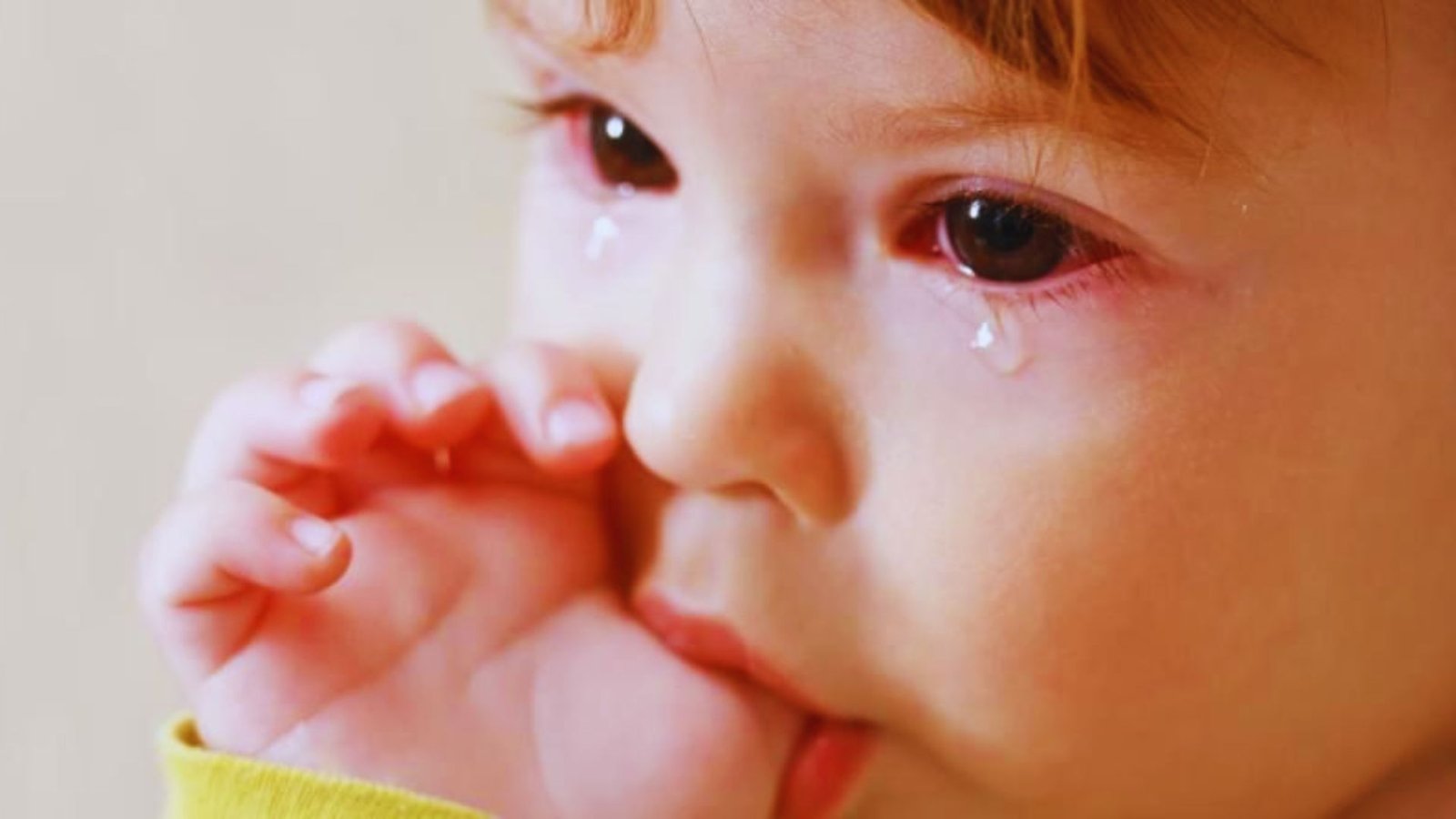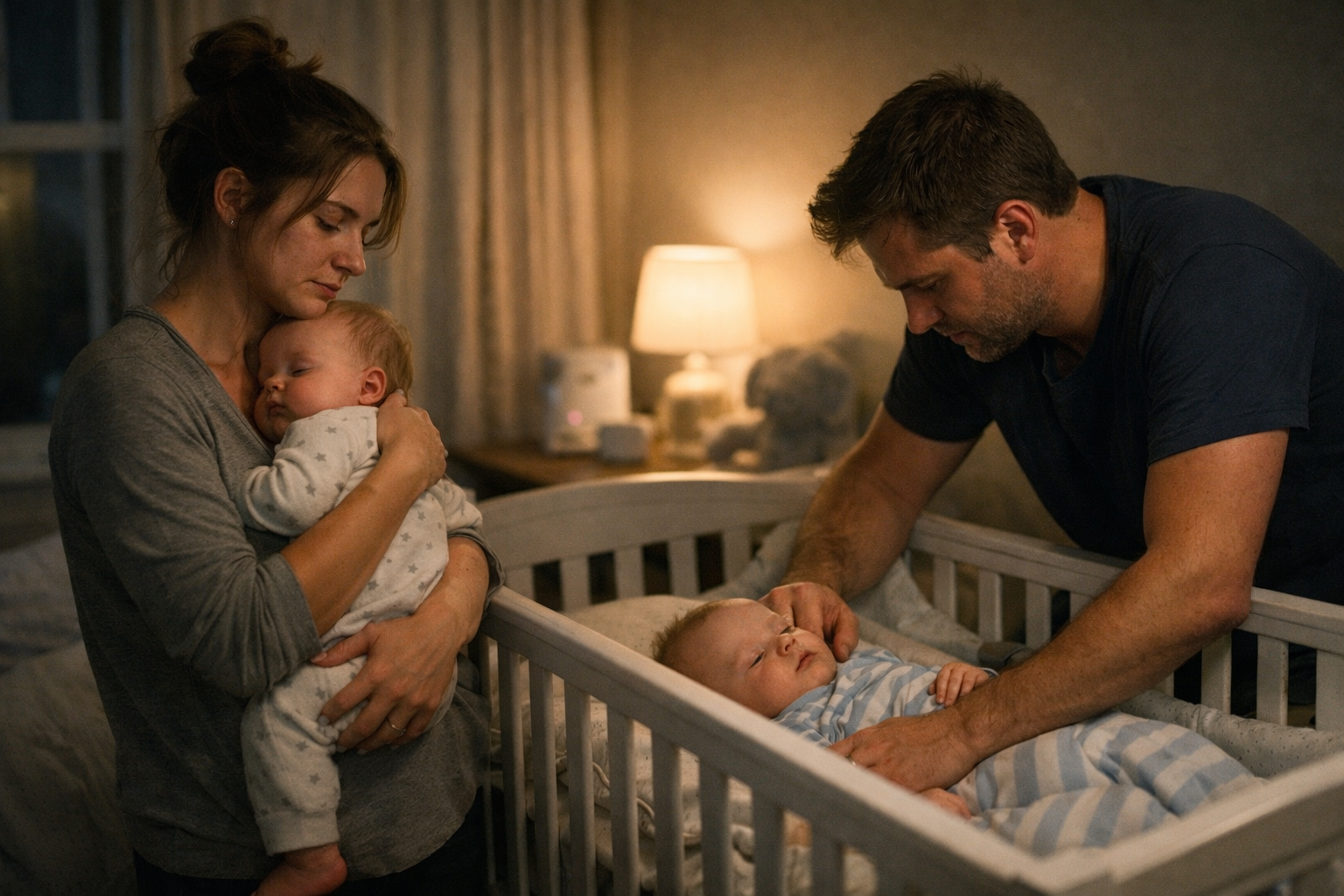Single parents and solo parents aren’t the same thing. Many people mix up these terms, but the difference matters.
America has more single-parent homes than any other country. More people are also choosing to become solo parents by choice. These changes affect millions of families.
This article explains the key differences. You’ll see real numbers and learn how these family types impact kids.
Trust matters when discussing families. Our facts come from reliable sources like the U.S. Census Bureau. Understanding these parent types helps you make sense of today’s changing families.
Ready to learn what makes each type unique?
What is Solo Parenting?

Solo parenting is an intentional choice to raise children completely alone from the very beginning.
It involves planned parenthood without a partner through methods like sperm donation, artificial insemination, or single-person adoption.
Solo parents take 100% financial and emotional responsibility, with no other biological parent ever being involved in the child’s life.
What is Single Parenting?

Single parenting occurs when one parent raises children after a significant life change that removed the other parent from daily involvement.
This typically results from divorce, separation, death, or abandonment. Unlike solo parenting, the other biological parent exists and may still provide support, share custody, or maintain some connection to the child.
Solo vs Single Parenting
| Aspect | Solo Parenting | Single Parenting |
| Definition | Raising children completely alone by choice from the start | Raising children after being with the other biological parent |
| How It Starts | Planned decision to have children without a partner | Results from major life changes (divorce, separation, death) |
| Other Parent Involvement | No other biological parent ever involved | Other biological parent exists but may not be present |
| Planning | Intentional choice made before having children | Unexpected situation requiring adjustment |
| Common Paths |
• Sperm donors and artificial insemination • Single-person adoption • Choosing parenthood without marriage |
• Divorce between married parents • Separation of unmarried couples • Death of spouse or partner • One parent abandoning responsibilities |
| Custody | Full custody from birth or adoption | Varies: shared custody, co-parenting, or full custody |
| Legal Co-Parent | No legal co-parent exists | Legal co-parent may still exist |
| Financial Responsibility | 100% financial responsibility alone | May receive child support or share costs |
| Backup Support | No backup support from another parent | The other parent may provide emergency help |
| Connection to Other Parent | No connection (no other parent exists) | May maintain a connection for co-parenting |
| Arrangement Types | Only one type: complete solo responsibility |
• Shared custody • Co-parenting with contact • Full custody with visits • Complete absence (but parent still exists legally) |
Common Challenges Faced by Solo Parents
Solo parents face financial strain, emotional isolation, time management challenges, declining social connections, and self-doubt while serving as the sole role model and provider.
- Solo parents struggle with significant financial strain from covering all expenses on a single income
- They experience emotional isolation without a partner to provide support and share responsibilities
- Time management becomes extremely difficult when balancing work demands with full-time childcare duties
- Social connections deteriorate as parenting responsibilities limit opportunities for maintaining relationships
- They face pressure as the sole role model while dealing with self-doubt about parenting decisions
Common Challenges Faced by Single Parents
Single parents manage co-parenting conflicts, custody complications, inconsistent support payments, children’s behavioral issues, personal healing, social judgment, and legal costs.
- Single parents must handle co-parenting conflicts and complicated custody scheduling arrangements
- They struggle with inconsistent child support payments that affect financial planning and stability
- Children experience loyalty conflicts and behavioral problems when transitioning between different households
- Parents work on emotional healing from divorce or loss while trying to provide consistent stability
- They face social judgment from others and ongoing legal expenses related to custody matters
Conclusion
Now you understand the key differences in solo vs single parenting. Solo parents choose to raise children alone from the start. Single parents adapt after life changes like divorce or separation.
Both parenting styles have unique challenges and strengths. Solo parents plan everything alone, while single parents may share duties with a co-parent. The financial and emotional support systems work differently for each type.
You’re better prepared to support these families in your community. Understanding these differences helps you offer the right kind of help when needed.
What’s your experience with solo or single parenting? Share your thoughts in the comments below. Your story might help another parent who’s facing similar challenges.
Frequently Asked Questions
What is the main difference between solo and single parenting?
Solo parents choose to raise children alone from the start, with no other biological parent involved. Single parents raise children after a life change like divorce or separation, where another parent exists but may not be present.
Do solo parents ever receive child support?
No, solo parents don’t receive child support because there’s no other legal parent to provide it. They handle all financial costs alone since they chose to have children without a partner from the beginning.
Can single parents share custody with the other parent?
Yes, many single parents share custody or co-parent with the other biological parent. This can include shared custody, regular visits, or co-parenting arrangements, depending on the family situation and legal agreements.
How do solo parents become parents without a partner?
Solo parents typically use sperm donors through artificial insemination or adopt children as single individuals. They make a planned choice to become parents without waiting for marriage or a relationship.
Which type of parenting is more challenging: solo vs single parenting?
Both have unique challenges. Solo parents handle everything alone, but plan for it. Single parents may get co-parent support but often deal with unexpected life changes and relationship complications.








